Is a detox plan an effective way to improve your health, lose weight and rid your body of toxins?
Year after year, extreme cleanses and detoxes emerge as popular health and wellness trends. However, not all detox plans are necessarily beneficial and some can be downright dangerous.
Many detox programmes promise to cleanse your body of toxins to deliver various health benefits, such as improved digestion, better liver function, clearer skin, increased energy levels, improved overall health and vitality, and even weight loss.
Lack of scientific support
However, there is a general lack of sufficient clinical or scientific evidence to support claims that detoxes work.
Worryingly, many extreme approaches and popular plans deviate from commonly accepted best practises around healthy eating guidelines.
For instance, many detox diets eliminate various nutritious, wholesome foods or entire food groups, severely restrict calories and fail to meet our daily nutritional needs.
This restrictive way of eating can leave you feeling lethargic, fatigued, irritable and dizzy, often with headaches due to low blood sugar levels.
While those who advocate for these strict detoxes and cleanses suggest that these symptoms stem from the detoxification process, many nutritional experts argue that these adverse physical reactions have nothing to do with natural detoxification.
Furthermore, the weight-loss typically experienced during a detox is generally due to lost water, rather than any meaningful reduction in body fat.
Prolonged periods of restrictive eating can also reduce muscle mass and lowers your body’s basal metabolic rate as it attempts to conserve energy. This typically results in rebound weight gain once you resume your normal eating pattern.
Overeating and potentially harmful diet practises that could lead to eating disorders are other risks associated with prolonged restrictive detox plans and chronic detoxing.
Built-in detox system
In general, most nutritional experts and doctors promote an approach that supports your body’s built-in detox system, which includes our liver, kidneys, skin and gut.
When these organs function optimally, they process nutrients and expel toxins. As such, keeping these organs healthy by eating a well-balanced and nutritious whole food diet, pursuing a healthy and active lifestyle, and reducing or eliminating problematic foods such as sugar, alcohol, caffeine and processed foods will support the body’s natural detoxification processes.
From a dietary perspective, including a variety of colourful vegetables, including leafy greens and cruciferous vegetables such as broccoli and cabbage, as well as some fresh fruit, can support natural detoxification by providing the body with antioxidants.
Vegetables like garlic also support liver function due it its rich selenium content. This antioxidant mineral can trigger liver enzyme production, which helps to naturally flush toxins from your body.
Additional nutritional support from concentrated herbs and nutrients, such as milk thistle, dandelion, N-acetylcysteine and glutathione, and supplements like multivitamins and mineral complexes high in B-complex vitamins and vitamin C can provide additional support for your liver when detoxing.
Another important aspect of the natural detoxification process entails maintaining adequate hydration levels by drinking sufficient water. Your organs need this fluid to effectively flush out the toxins. As such, dehydration can interfere with natural detoxification.
Including herbal teas in your detox plan can also aid the process by supporting liver function and cleaning out your digestive tract.
Move more
The other element in every effective detoxification plan is regular activity and exercise. Physical activity promotes better circulation to support the detoxification organs. And exercise produces sweat, which helps to clear the skin, while also increasing your breathing rate to oxygenate the body.
Always consult with a qualified healthcare practitioner or a dietician before embarking on any detox diet plan or taking new supplements.
And avoid any form of detox if you are pregnant, breastfeeding, on medication or have a chronic illness such as diabetes and cardiovascular disease.
Daily detox guidelines:
- Follow a whole food diet that consists predominantly of fresh fruit, vegetables, healthy fats, lean protein, nuts and seeds. Opt for organic options whenever possible and eat more vegetables raw to benefit from their enzyme content.
- Eat sufficient fibre to support healthy digestion and elimination, which helps to prevent a toxin build-up.
- Drink sufficient water to keep hydrated and help your body flush out toxins.
- Reduce or eliminate fast and processed foods, alcohol and caffeine.
- Reduce your exposure to or avoid environmental chemicals and toxins.


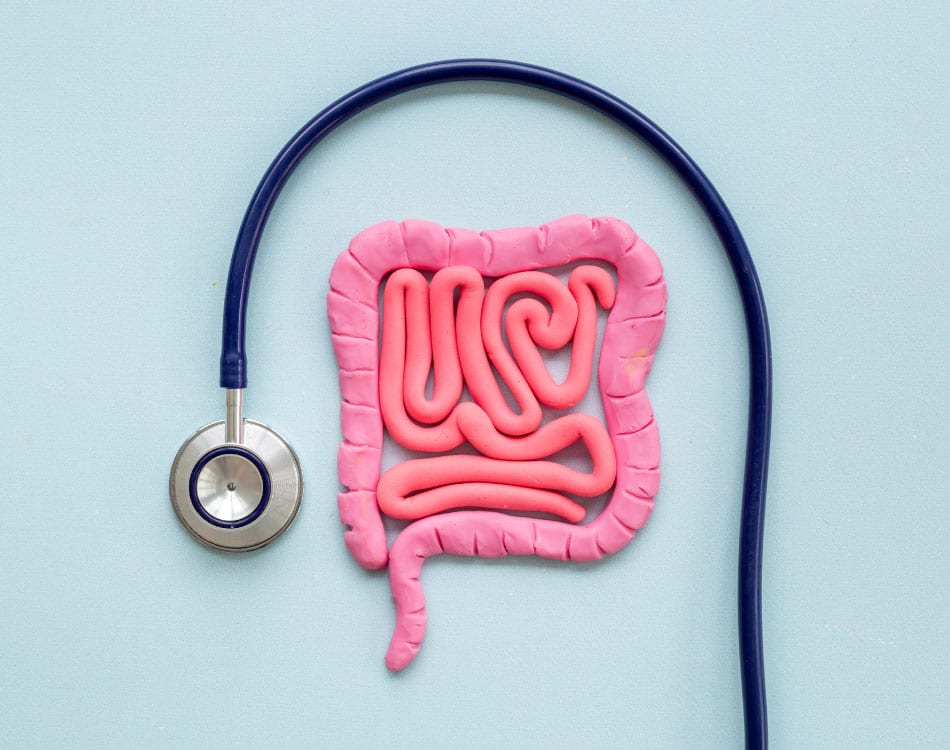
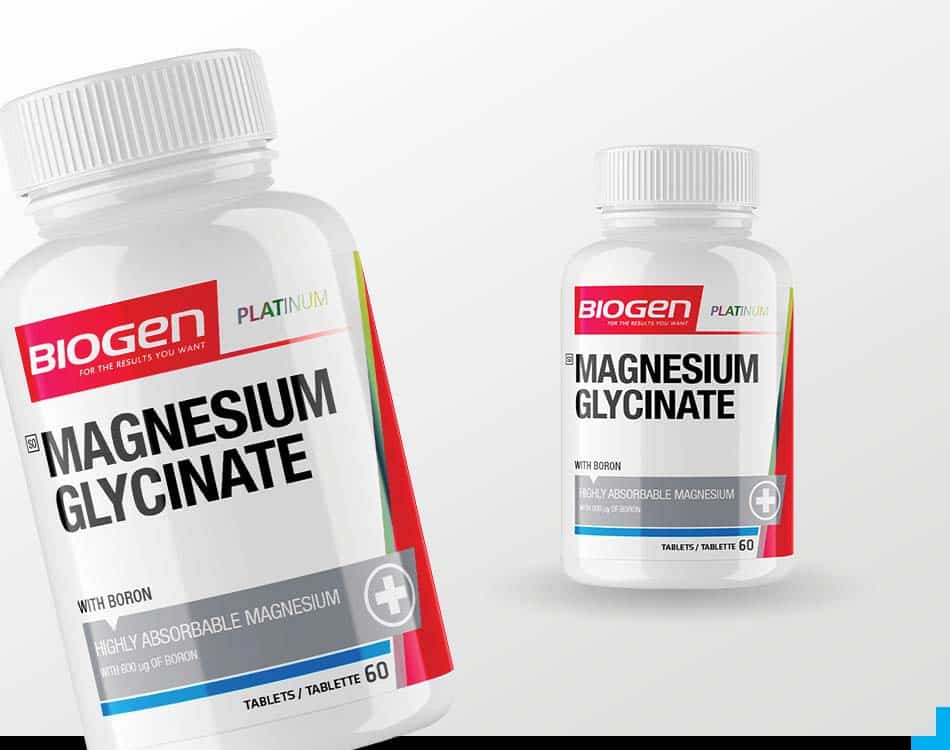
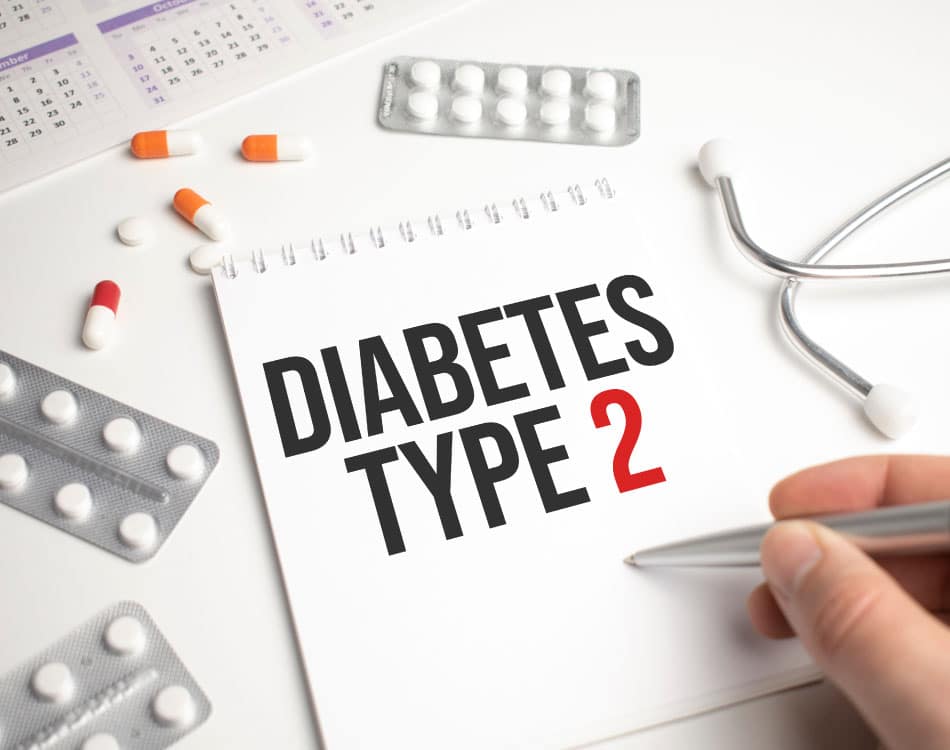
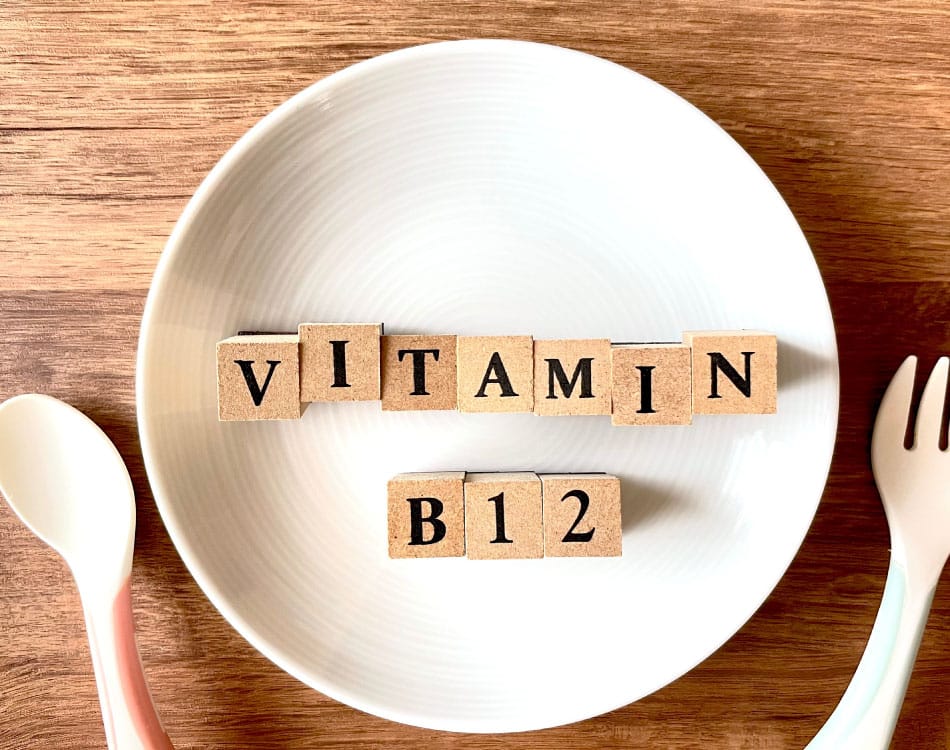

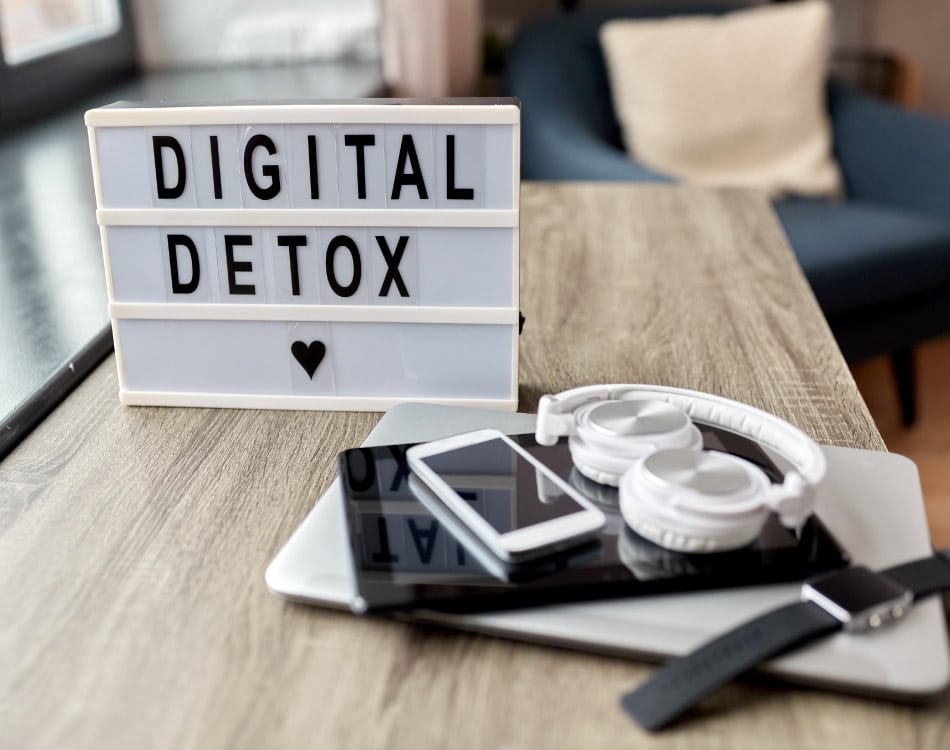
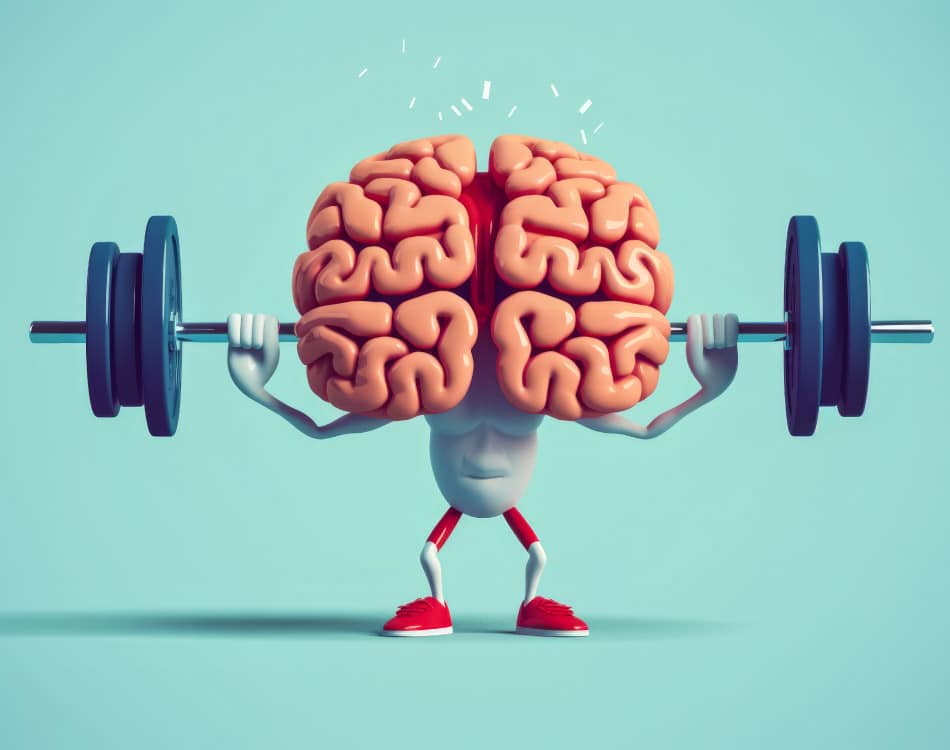

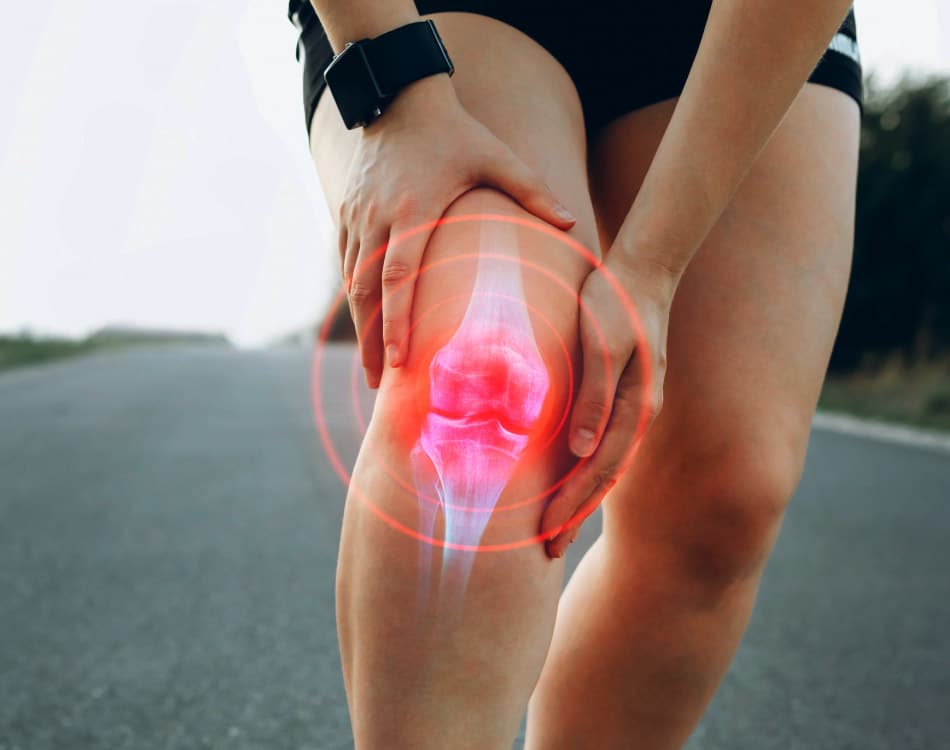

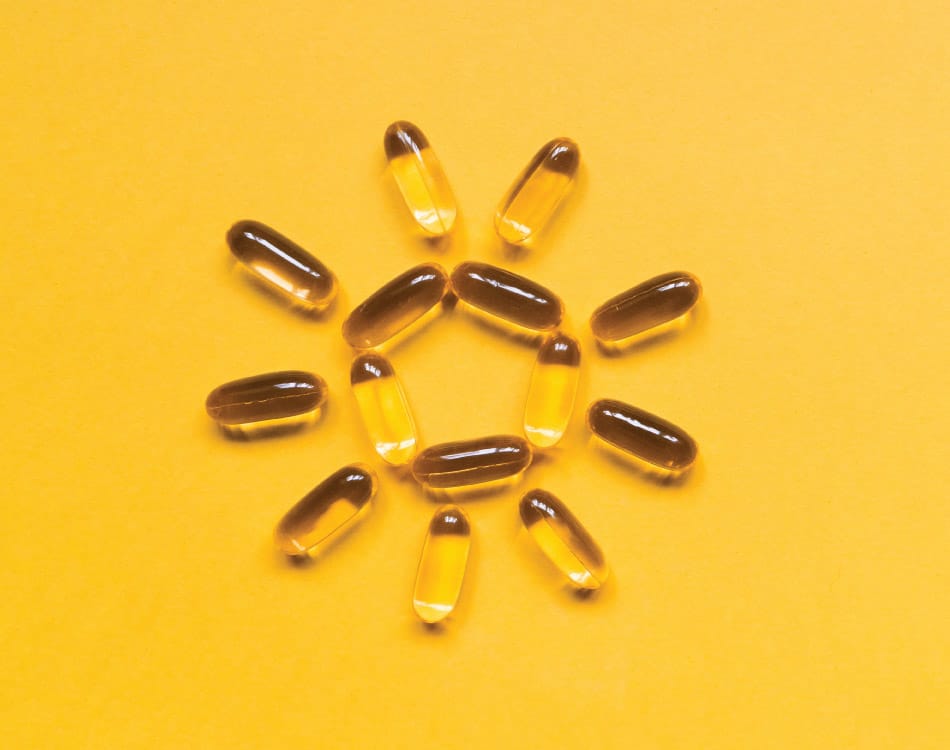
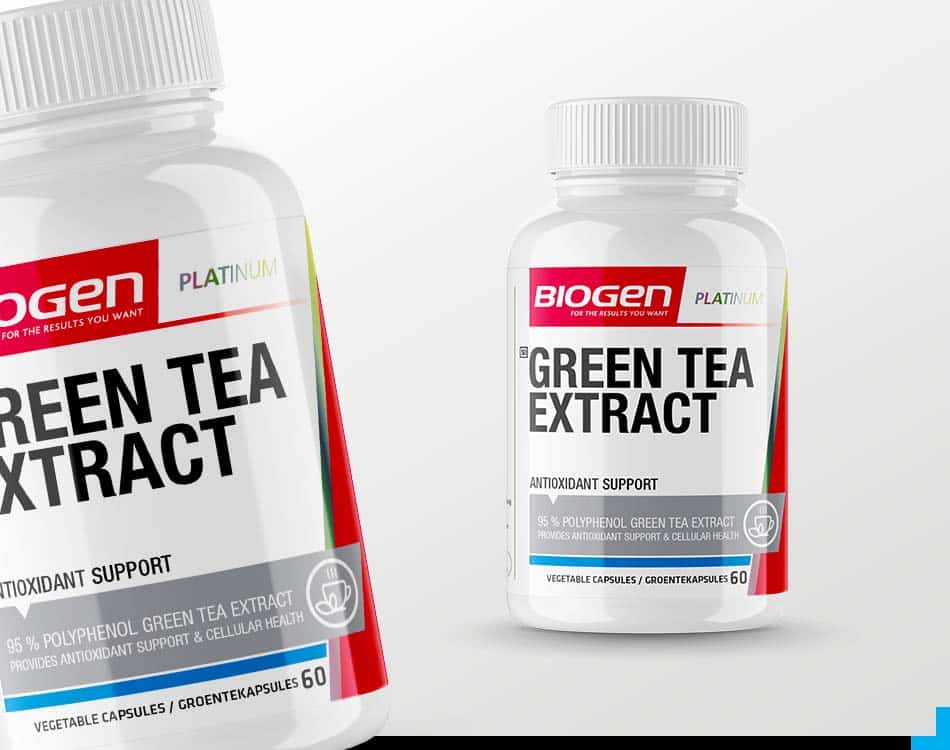



Leave A Comment